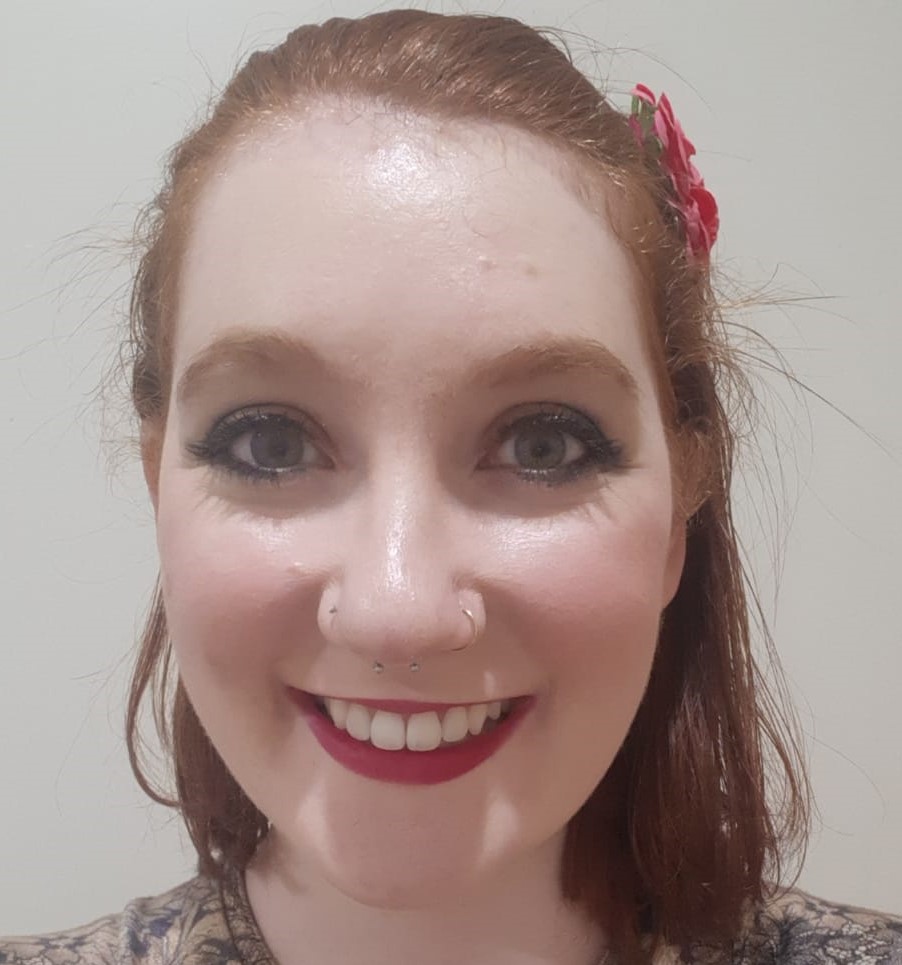Robert McGlashan is an accomplished lawyer, open water swimmer, and environmentalist. His passion for open water swimming has taken him to complete swims in Bolivia, Chile, Italy, and the United States. Robert is also the Vice President of Great Lakes Open Water (GLOW), dedicated to raising awareness for the protection and cleanliness of the Great Lakes.
This summer, Robert will be completing three lengthy open water swims with the intention to give back. The Swim for Change initiative will be taking place in three Canadian lakes and will be making donations to three noble charities.
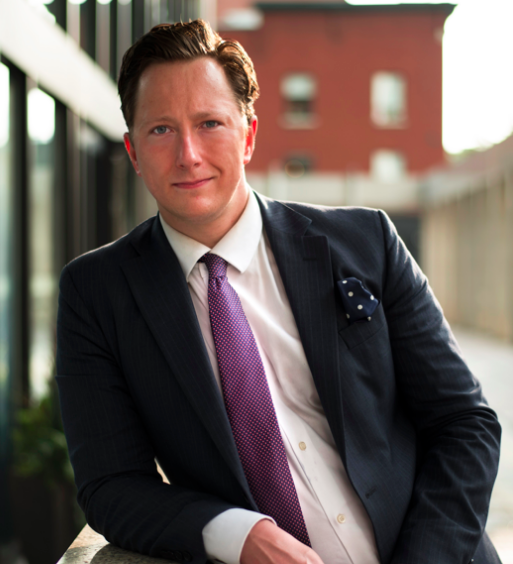
Supporting organizations such as Shelter Movers, World Wildlife Fund, and Mountain Gorilla Conservation Society, Robert carefully chose charities that target environmental and societal issues, since both of these elements effect one another. OnSide Media sat down with Robert to discuss his inspiration behind the Swim for Change initiative, how he balances his roles as a lawyer and environmentalist, and why COVID proves that we need to give back now more than ever.
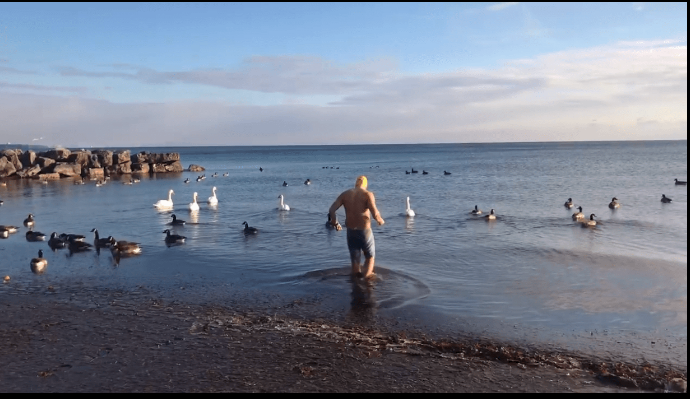
What inspired you to take on such an extensive, multifaceted charity initiative involving 3 different swims? What was the planning process like for this?
Robert McGlshan: As a collective, we are definitely at a point where people need to be more charitable, and we need change. The pandemic has proven that even more so in the last year. We have witnessed environmental resources becoming more scarce. Now it is urgent that we take action to preserve the sustainability of our environment. I wanted to do something that focused on both environmental and societal resources. So, I chose 3 open-water swims, all varying in difficulty. The planning process has been really great. Some friends of mine have been very helpful for the Lake Erie and Lake Ontario solo swims in particular.
What criteria did you have when choosing the charities that you will be supporting?
RMG: I wanted to support a few charities focusing on the environmental as well as charities that focused on the social. Shelter Movers is inspiring because it is entirely volunteer-based, so the proceeds have an immediate impact. The funds cover the actual moving done by the volunteers, and all of the logistical costs. This includes storage and the moving trucks, which adds up to a budget of $200.
Social and environmental activism are not separate. The pandemic has shown us how interconnected they really are, and how much they need our attention. We can not focus on one without the other.
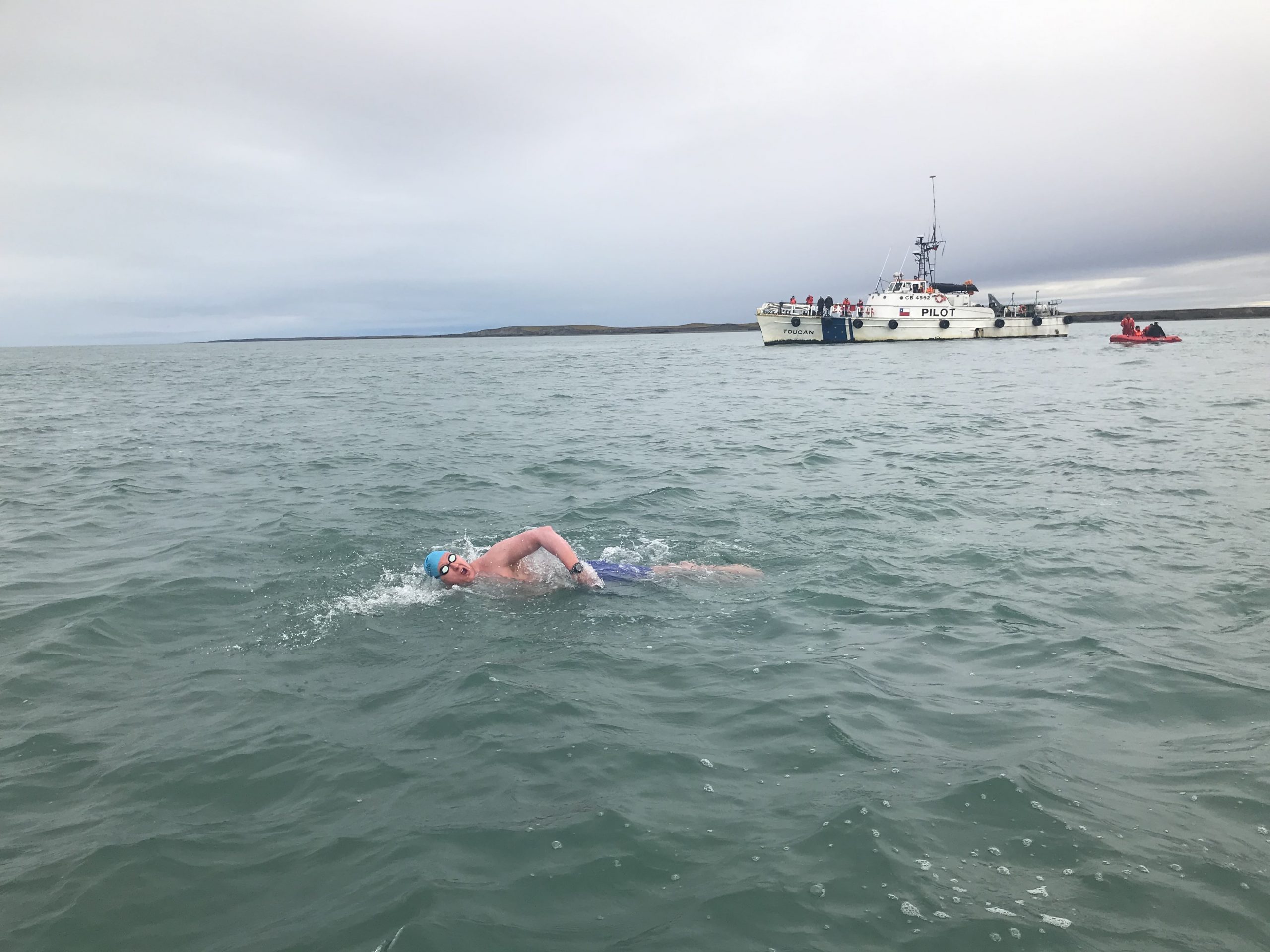
On top of carrying out this charity initiative, you are also a lawyer, environmental advocate, competitive swimmer, and Vice President of Great Lakes Open Water. How do you find balance amongst all of this in your everyday life?
RMG: Balancing all the things I do and love is challenging, but each one is important work. I find that each of them is complimentary to one another. My professional life, activism, and physical health are all connected by working with people. Open water swimming also gives me the opportunity to connect with nature, which also helps with balancing my life.
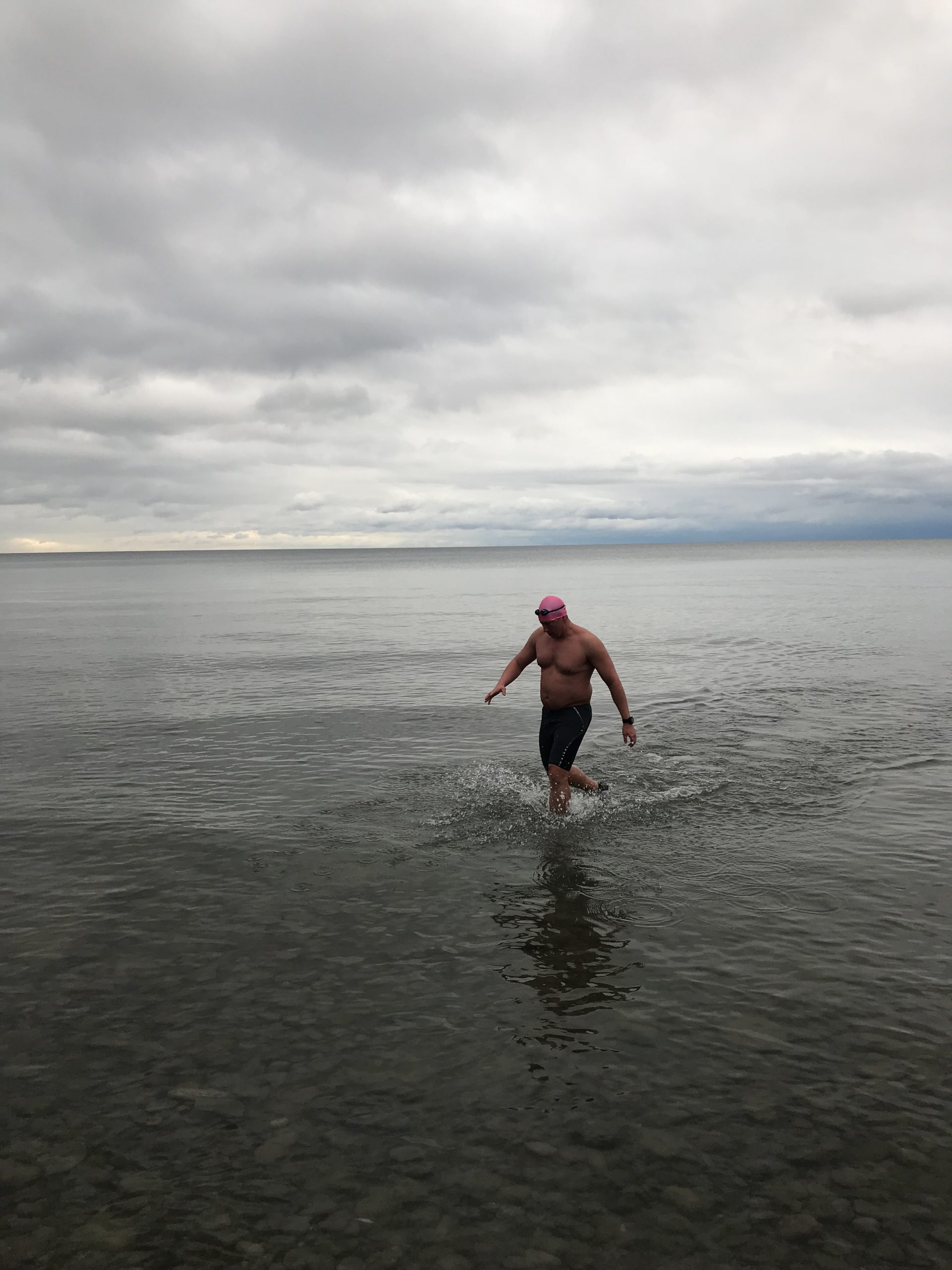
You have completed lengthy swims in Italy, the United States, Bolivia, to name a few. What are some of your favourite discoveries/memories from these international swims?
RMG: Definitely the travelling and the people I’ve met. When you’re swimming, you’re alone, but you feel the support by the people watching you. In Italy, I did a marathon, and the culture is amazing. No matter where I went, the people I met were always the most memorable. It’s really cool to leave a place with a more expanded social circle.
As an advocate for the cleanliness of the Great Lakes, what do you hope to teach people about their impact on our local bodies of water?
RMG: I want to teach people that their impact is significant. Everything we do has an impact. Whether its the brands we choose to buy, the charities we choose to support, or the habits in our everyday life. People’s choices have an impact, no matter how small it may seem.
What are some of the practices you do in your everyday life to preserve the cleanliness of the great lakes?
RMG: If you’re going to the beach, don’t leave anything behind. Also, you can pick up 3-4 pieces of litter that your find. A lot of change can happen when people take small steps. You can always leave a place better than you found it.
In Chile, the locals do a removal of plastic from Easter Island every Wednesday. If every Ontarian removed a little bit of garbage, the difference would be remarkable.
For more information on Robert, his accomplishments, and the Swim for Change initiative, visit https://rcmcg.ca/swim/
